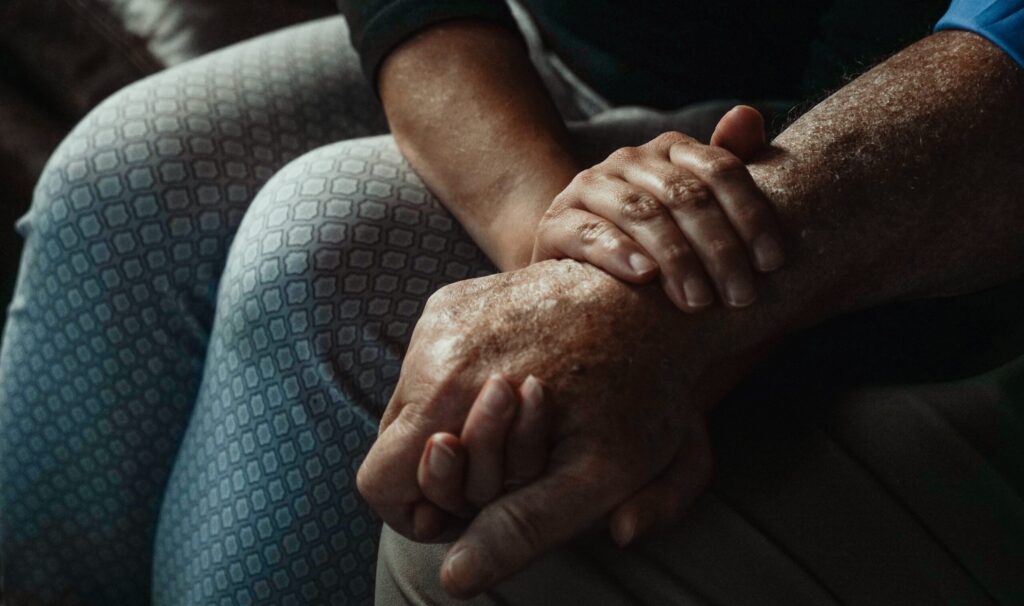Courtesy of the Gallipoli Medical Research Foundation

Researchers have found that Compassionate Mind Training (CMT) can have a positive impact on veterans with Post Traumatic Stress Disorder (PTSD) and their partners, helping to reduce the severity of PTSD symptoms.
CMT aims to help people develop self-compassion, compassion for others and openness to receiving compassion from others.
With a reported 85% of current serving and recently discharged ADF members experiencing a traumatic event at some point during service, targeting compassion and self-compassion during therapeutic activities may be helpful for people with PTSD.
‘Living with PTSD can be enormously challenging, not just for the individual veteran, but also for the veteran’s whole family system, including partners, children and parents,’ said Dr Madeline Romaniuk, lead researcher at Gallipoli Medical Research Foundation (GMRF), which ran the pilot study.
‘We know from existing research that practicing compassion and self-compassion may be an important addition to psychological therapy for victims of trauma. Findings indicate that as compassion levels increase, PTSD levels decrease, so it’s important to explore these potential benefits for veterans.’
For the ex-service personnel participants, PTSD symptoms steadily decreased over the course of the CMT intervention. Specific findings also included:
- an improvement in compassion-based experiences
- a reduction in depressive, anxiety and stress symptoms
- a reduction in external shame and self-criticism
- an increase in quality of life
- an increase in relationship satisfaction for the duration of the program.
‘The results showed that the use of CMT for ex-service personnel with PTSD and their partners might particularly help in the ongoing reduction of PTSD, anxiety and stress symptoms and the improvement of compassion-based experiences, including reduced feelings of shame and self-criticism,’ said Dr Romaniuk.
The study was a collaboration between GMRF and the Compassionate Mind Research group at The University of Queensland, and was proudly funded by Medibank’s Mental Health & Wellbeing Fund.